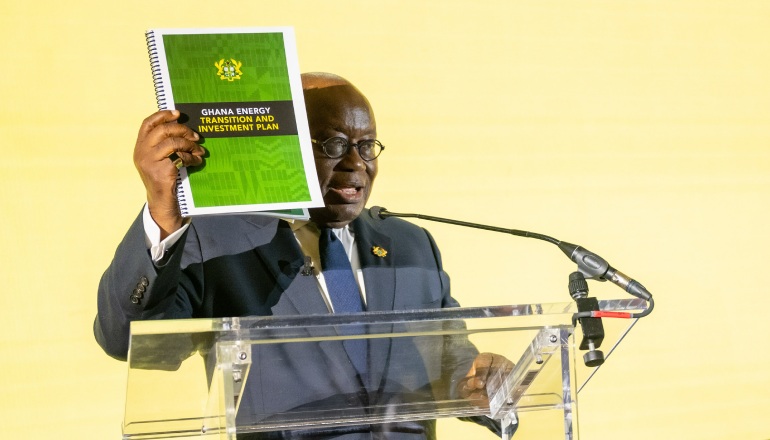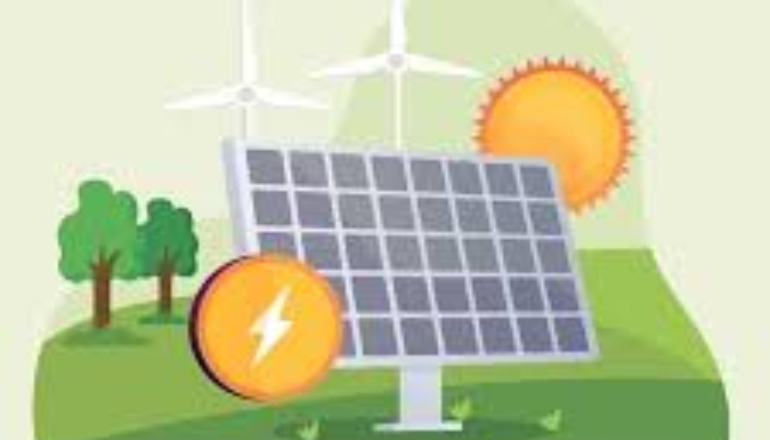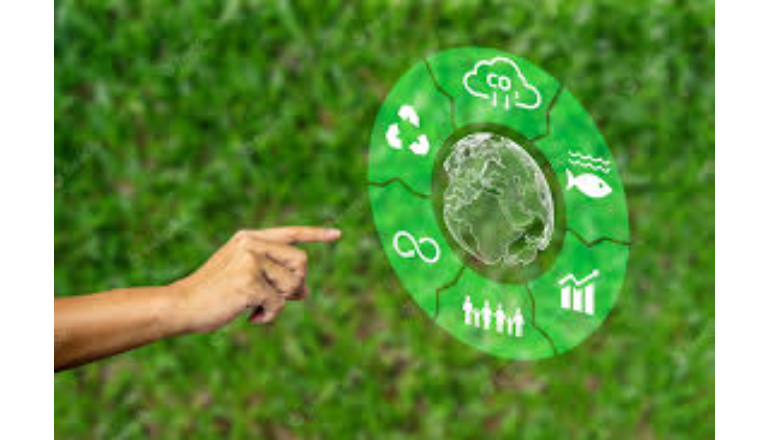Ghana, the African Republic, has launched the country’s road map for green growth and decarbonization of key sectors – Sustainable Energy for All (SEforALL).
Nana Akufo-Addo, President, the Republic of Ghana, unveiled the new Energy Transition and Investment Plan during a Global Africa Business Initiative event in New York. The plan includes $550 billion energy transition and investment for achieving net zero emissions and creating 400,000 jobs by 2060.
Various sectoral changes and technologies are proposed in the plan. Four main decarbonization technologies – renewables, low carbon hydrogen, battery electric vehicles and clean cookstoves – would cover over 90 percent of the targeted abatement by 2060.
The plan highlights Ghana’s commitment to fighting climate change and fostering economic development. It details how Ghana can achieve net zero energy-related carbon emissions by 2060. The details include deploying low-carbon solutions across key sectors like oil and gas, industry, transport, cooking, and power.
Without pursuing the plan, under a business-as-usual scenario, Ghana’s emissions are expected to rise from 28 Mt CO2e in 2021 to over 140 Mt in 2050. The bulk of emissions growth coming from transport, driven by population growth, GDP per capita growth, and vehicle ownership.
“This plan is a testament to our dedication to fostering green industries, nurturing the evolution of cutting-edge low-carbon technologies, and propelling our nation towards a sustainable industrial revolution while giving equal growth opportunities to men and women,” President Nana Akufo-Addo said.
He added that the government intends to use the plan as its main tool to engage the international community and investors for support with its energy transition. All measures suggested in the plan represent a $550 billion opportunity for the international community to invest in sustainable development and generate 400,000 net jobs in Ghana.
Ghana’s commitment to a just and equitable energy transition has translated to an ambitious plan that builds a case for low-carbon and energy-efficient solutions the country’s entire energy system. These solutions present a tremendous opportunity for partners and investors from around the world to contribute to climate action and sustainable development in Ghana,” said Damilola Ogunbiyi, CEO and Special Representative of the UN Secretary-General for Sustainable Energy for All, and Co-Chair of UN-Energy.
It must be noted that the country’s existing Energy Transition Framework previously set a target of net zero by 2070, but this new plan shows Ghana has increased its ambition and is targeting net zero by 2060.












